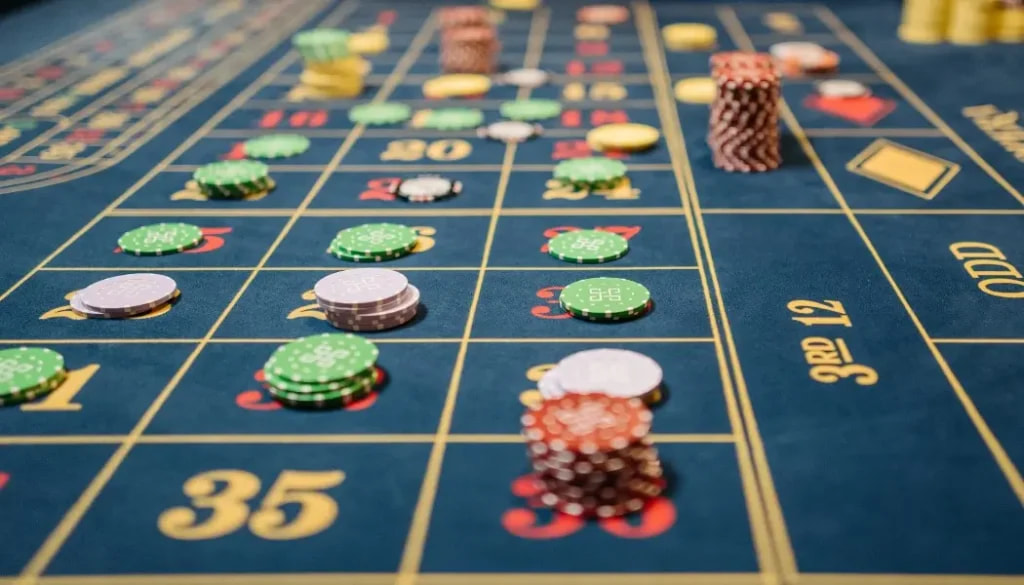Casinos like HellSpin have always led the way in surveillance technology. They use advanced tools to stop cheating, track customers, and boost profits. Recently, facial recognition has become a key tool. Many link it to security, but casinos use it for more. It helps spot high-rollers, study their habits, and offer special perks. This system keeps VIP players happy and engaged at the tables.
The Role of Facial Recognition in Casinos
Facial recognition scans a person’s face and creates a unique digital signature. Casinos store this data and match it to their player database. This helps them track high-rollers and VIP guests in real time.
Cameras with facial recognition cover the entire casino. They scan people at entrances, gaming floors, and VIP lounges. AI-powered systems identify valuable customers within seconds. This is more advanced than traditional surveillance, which relied on security staff watching video feeds.
When a high-roller walks in, the system recognizes them instantly. It alerts management right away. Casino hosts can then greet them personally, prepare their favorite games, and offer exclusive perks. This keeps VIPs playing longer.
Identifying and Analyzing High-Rollers
For casinos, spotting high-rollers is about more than recognizing a face. It’s about understanding their gambling habits. Facial recognition works with loyalty programs, player tracking, and AI analytics. Together, these systems reveal a VIP’s preferences, betting patterns, and spending limits.
For example, if a high-roller loves baccarat and bets more with free drinks, the system remembers. On their next visit, the casino prepares in advance. Their favorite dealer is ready, a custom drink menu is set, and a private table is waiting—all without them asking.
AI and machine learning help predict player behavior. Casinos can tell when a VIP might take a break, how much they’ll spend, and what offers keep them playing. The goal is a smooth, luxurious experience that keeps them gambling without feeling pressured.
Customizing Perks and VIP Treatment

Once a high-roller is identified, casinos use their preferences to offer special perks. These rewards enhance their experience and keep them coming back.
Luxury Accommodations: VIPs get free suites in top hotels. Many include butler service and exclusive amenities.
Fine Dining & Events: Casinos invite them to private dinners, celebrity chef experiences, and VIP concerts. Some even get access to major sporting events.
Personalized Gaming: High-rollers enjoy private rooms, custom table limits, and preferred seating at their favorite games.
Comped Travel: Some receive free private jet flights, limo service, or helicopter transfers.
Loss Rebates & Cash Offers: Casinos offer cashback or rebates on losses. This keeps high-rollers playing, knowing they might win back their money later.
This personalized approach makes VIPs feel valued. At the same time, it encourages them to stay longer and bet more.
Ethical Concerns and Privacy Issues
Facial recognition improves the casino experience for VIPs. But it also raises privacy concerns. Many players don’t realize they are being tracked. Unlike loyalty programs, facial recognition works passively. It scans faces without requiring consent.
Critics argue this invades personal privacy. Some fear the technology could be misused without proper rules. Data security is another concern. Casinos store large amounts of biometric information, making them targets for hackers.
To address this, some places require casinos to disclose their use of facial recognition. In some cases, they must get player consent. But in many areas, like Las Vegas and Macau, the technology remains unregulated. Casinos are free to use it for security and customer tracking.
The Future of Casino Surveillance
Facial recognition is part of a bigger trend in AI-driven casinos. As technology improves, casinos will adopt even more advanced tools. Some are developing emotion recognition to detect a player’s mood. Others use AI to predict betting behavior with extreme accuracy.
Some casinos are also testing facial recognition for payments. High-rollers could fund their sessions just by scanning their faces. This would eliminate the need for cash or cards, making gambling more seamless.
Facial recognition is changing the casino industry. It’s not just for security—it’s a tool for player engagement. High-rollers now get a level of personalization never seen before. The goal is to enhance their experience while increasing their spending. Ethical concerns remain, but one thing is certain—the house always watches.
